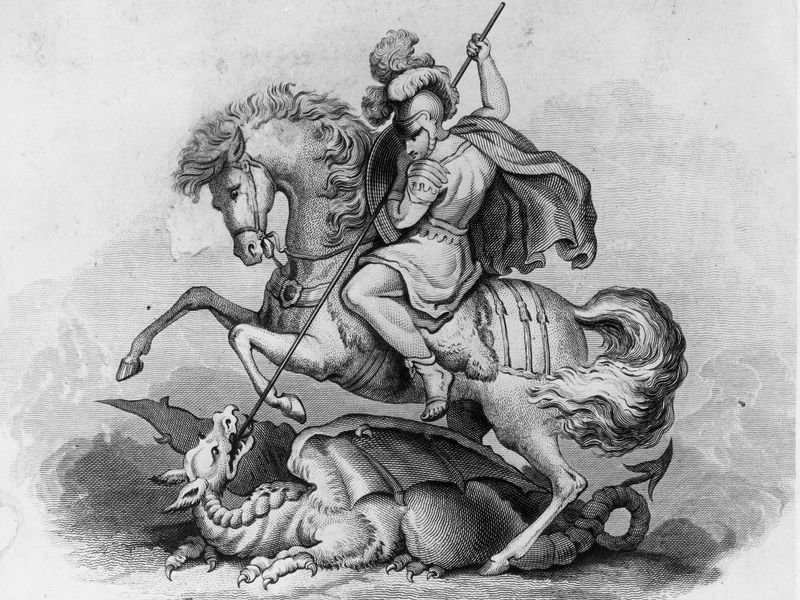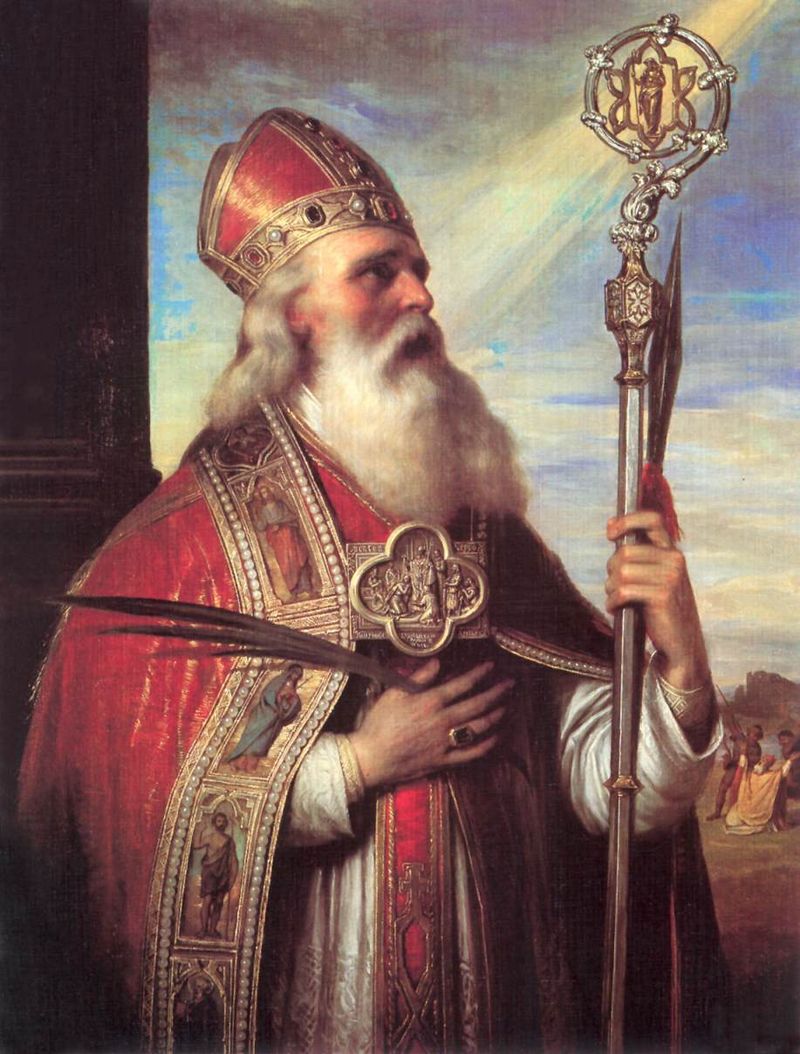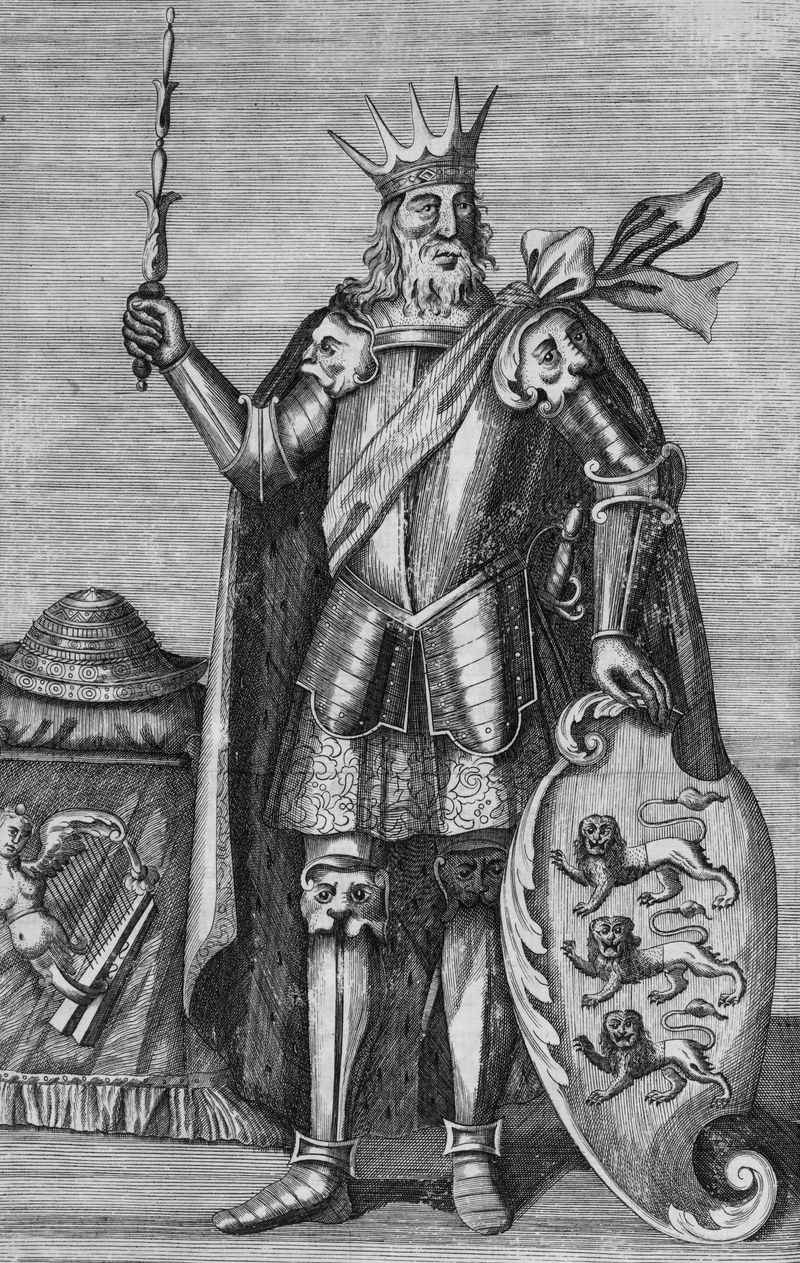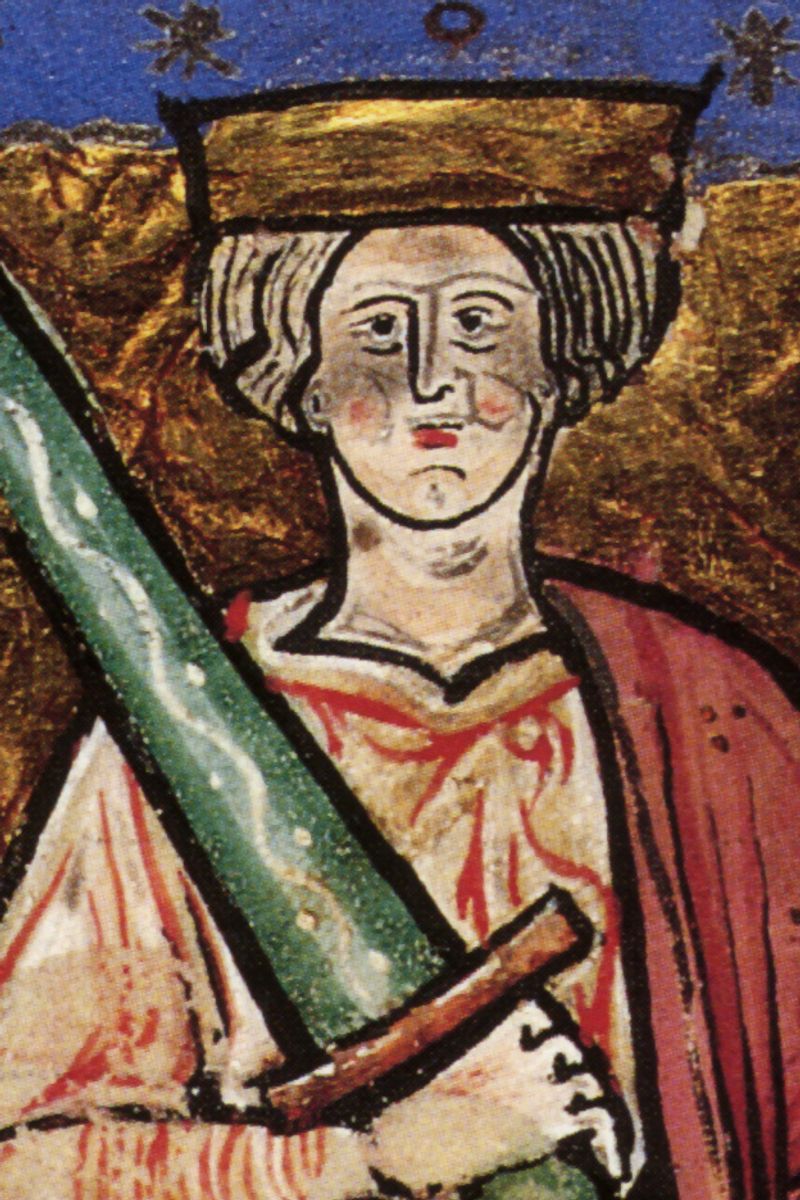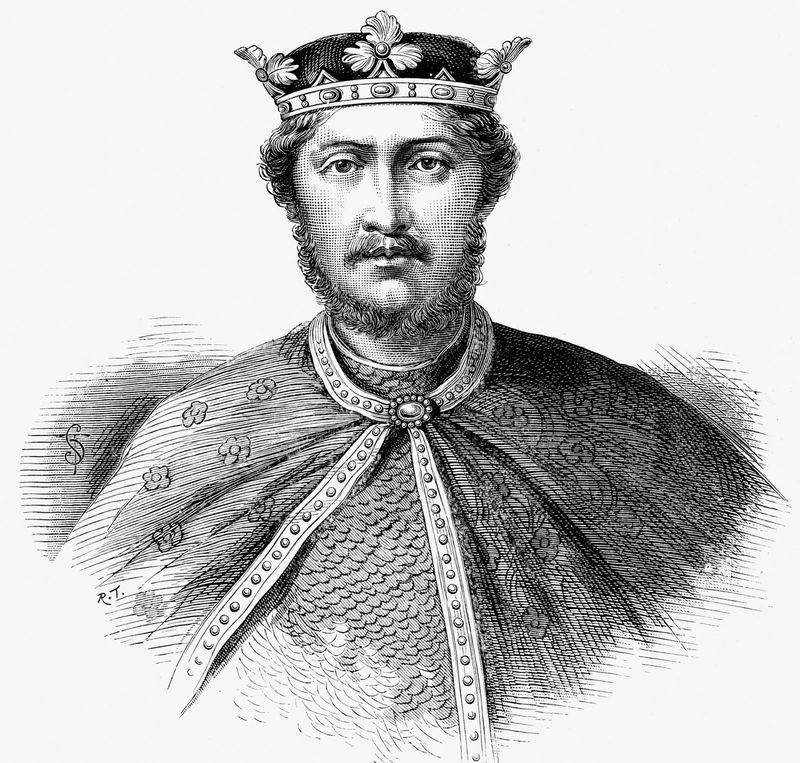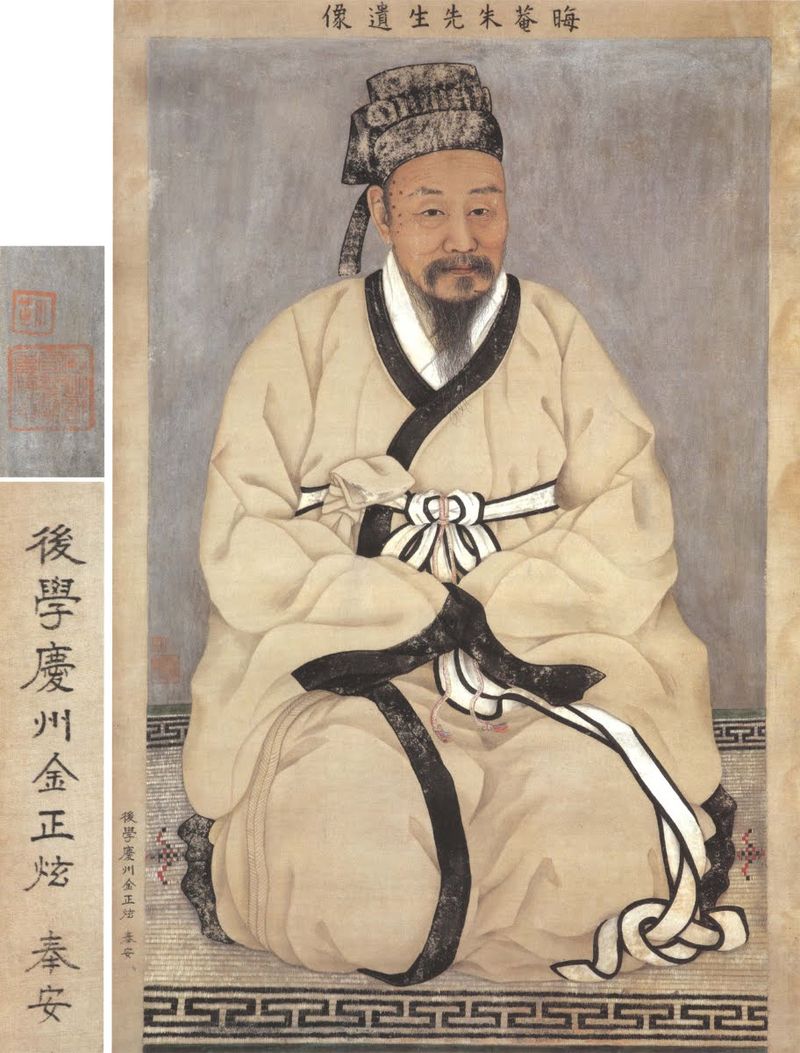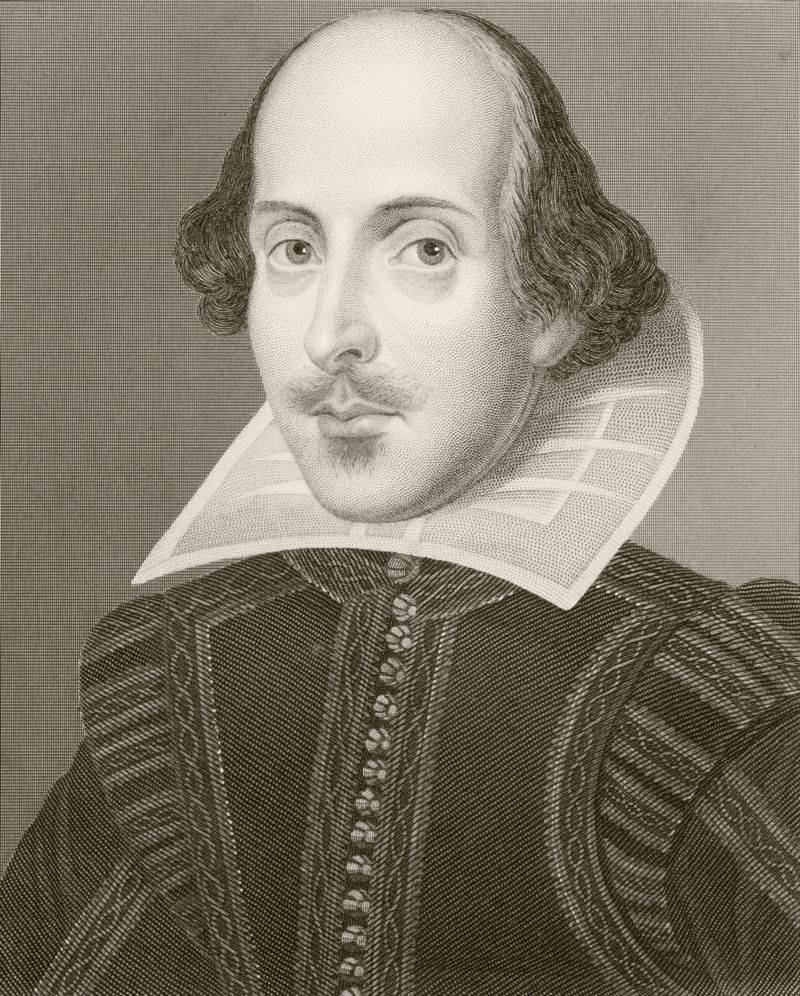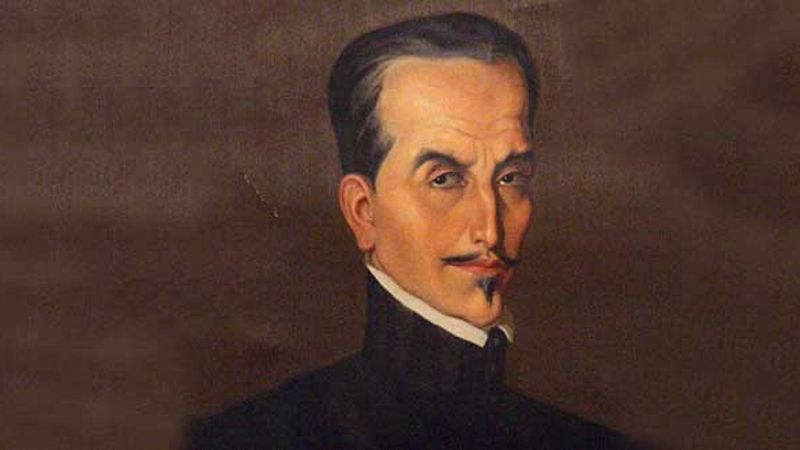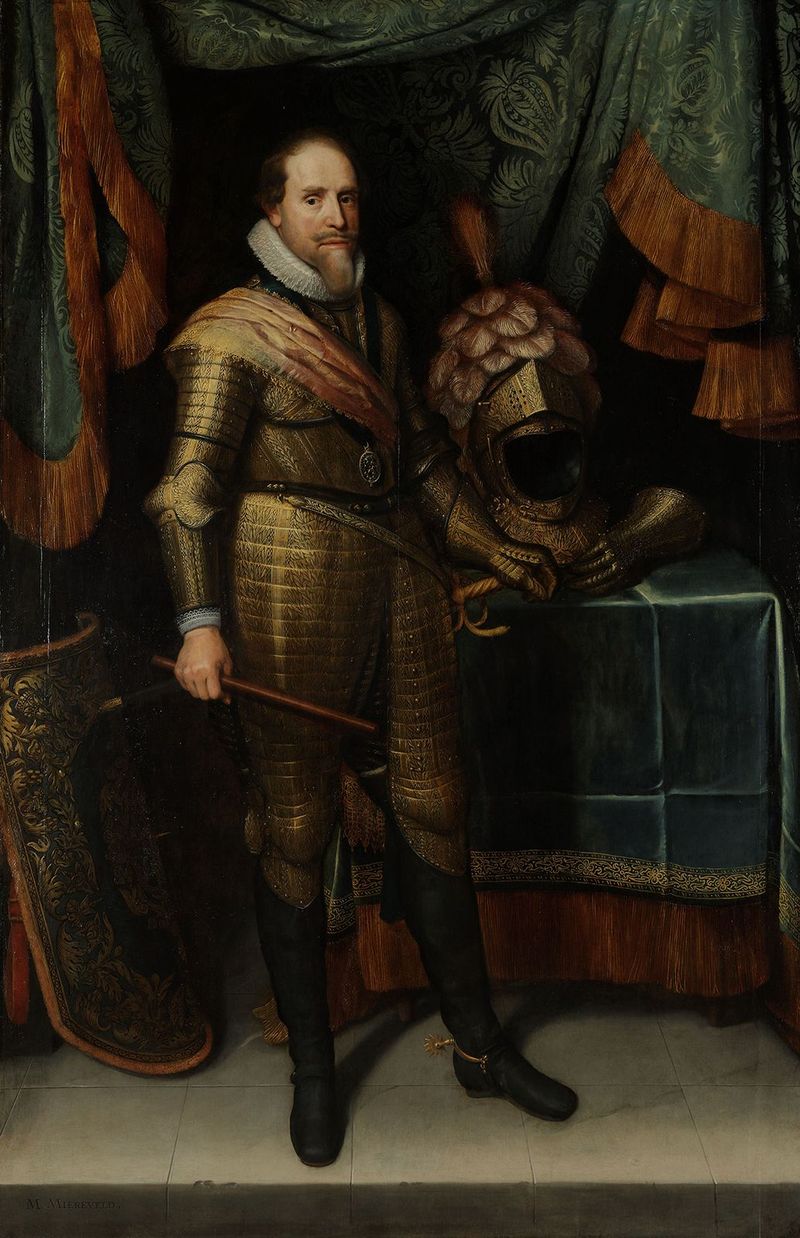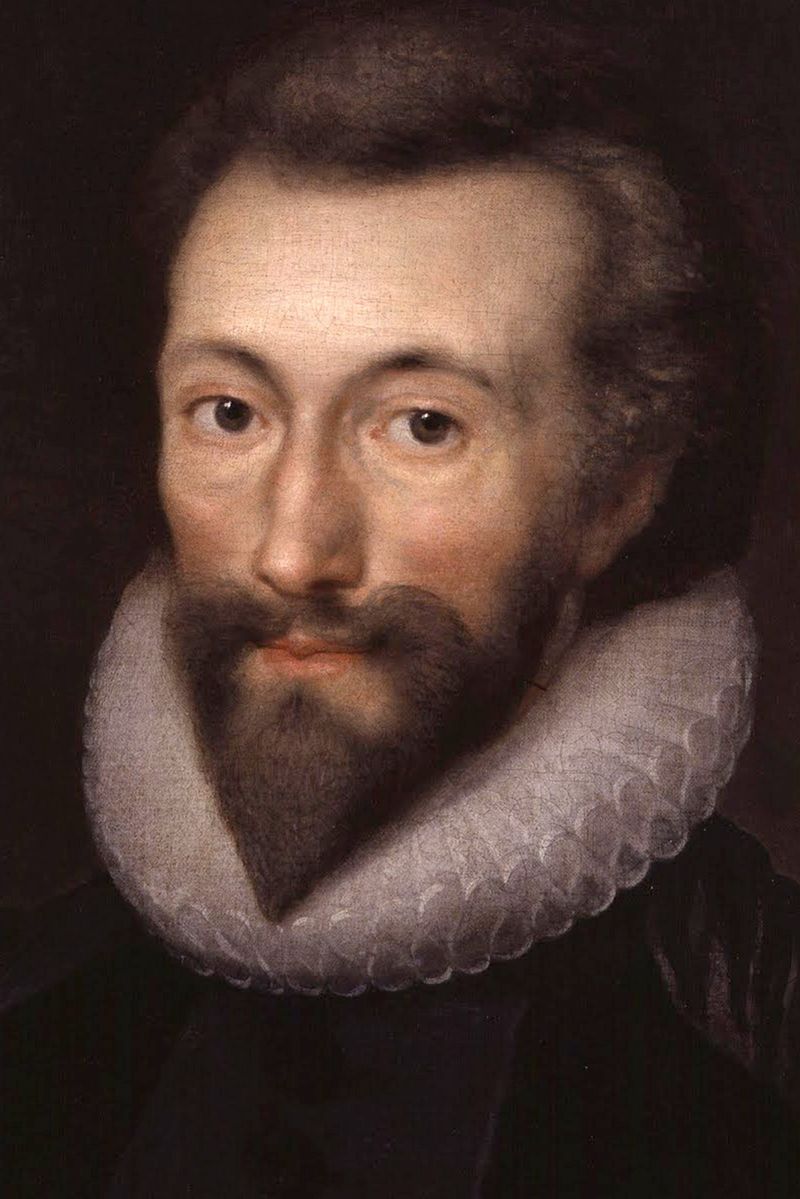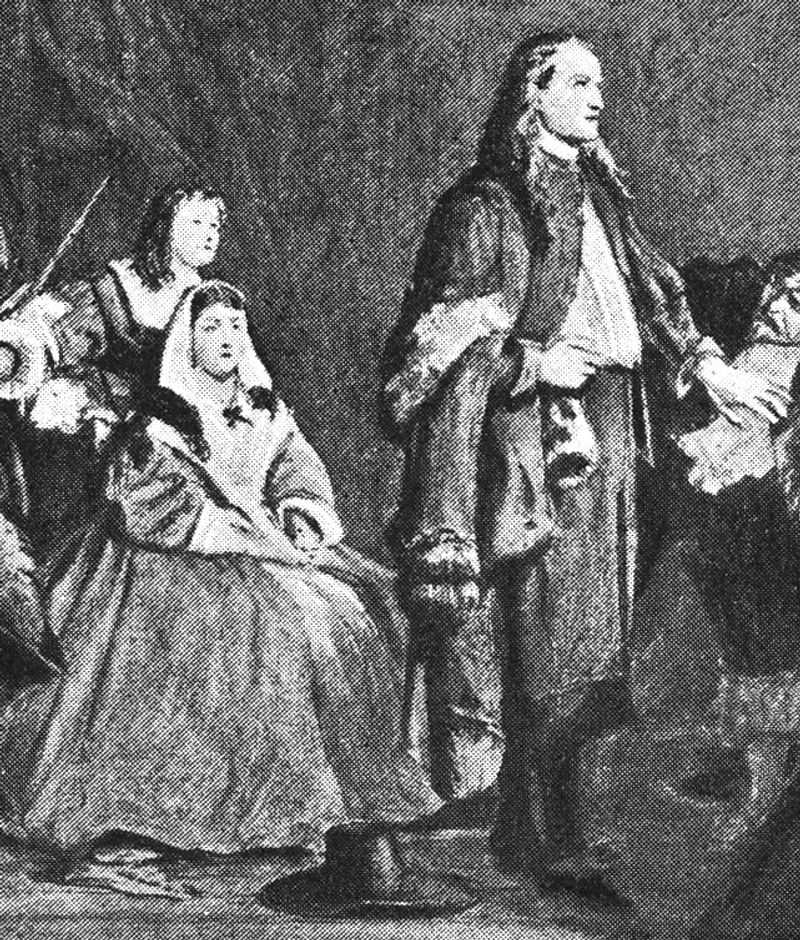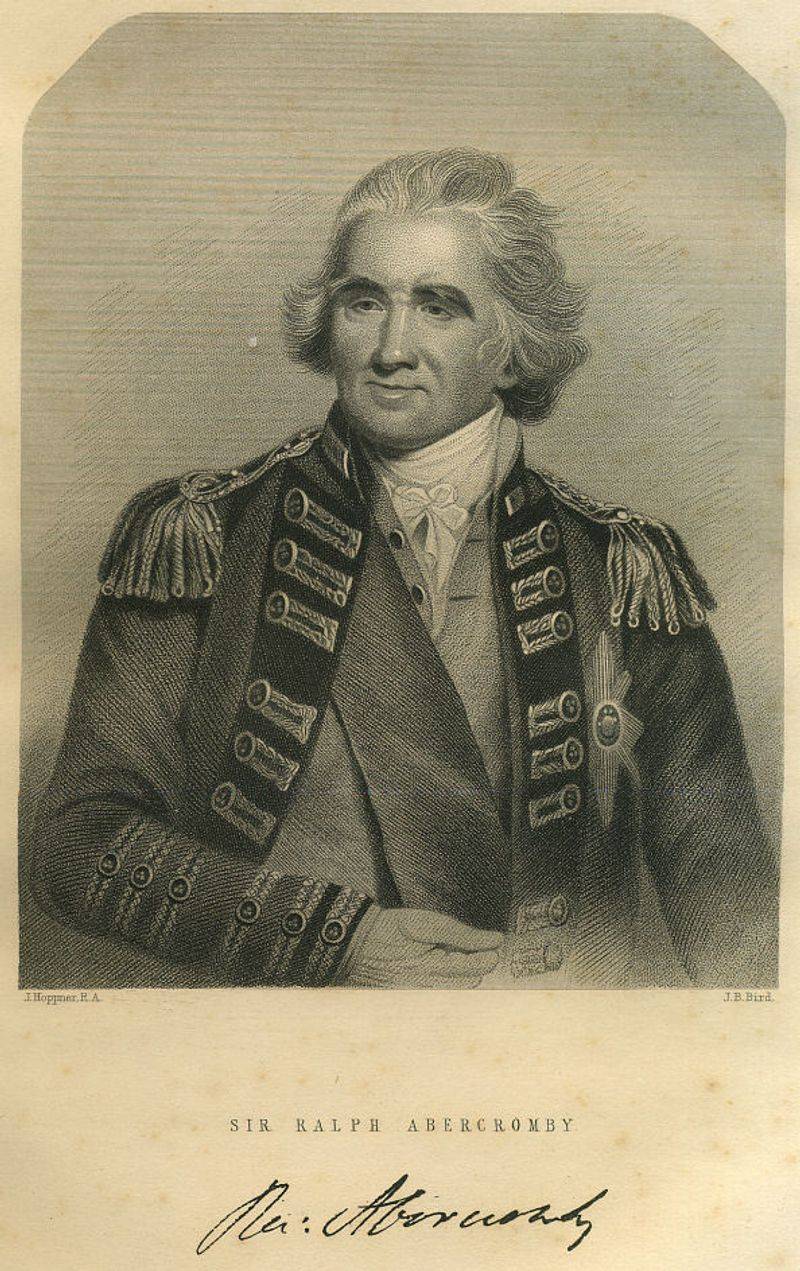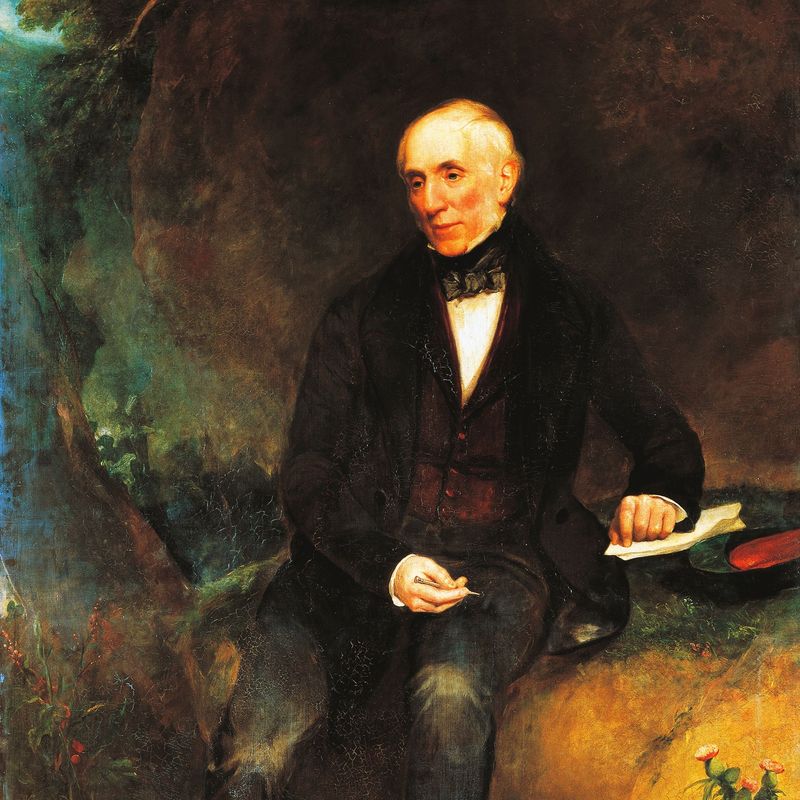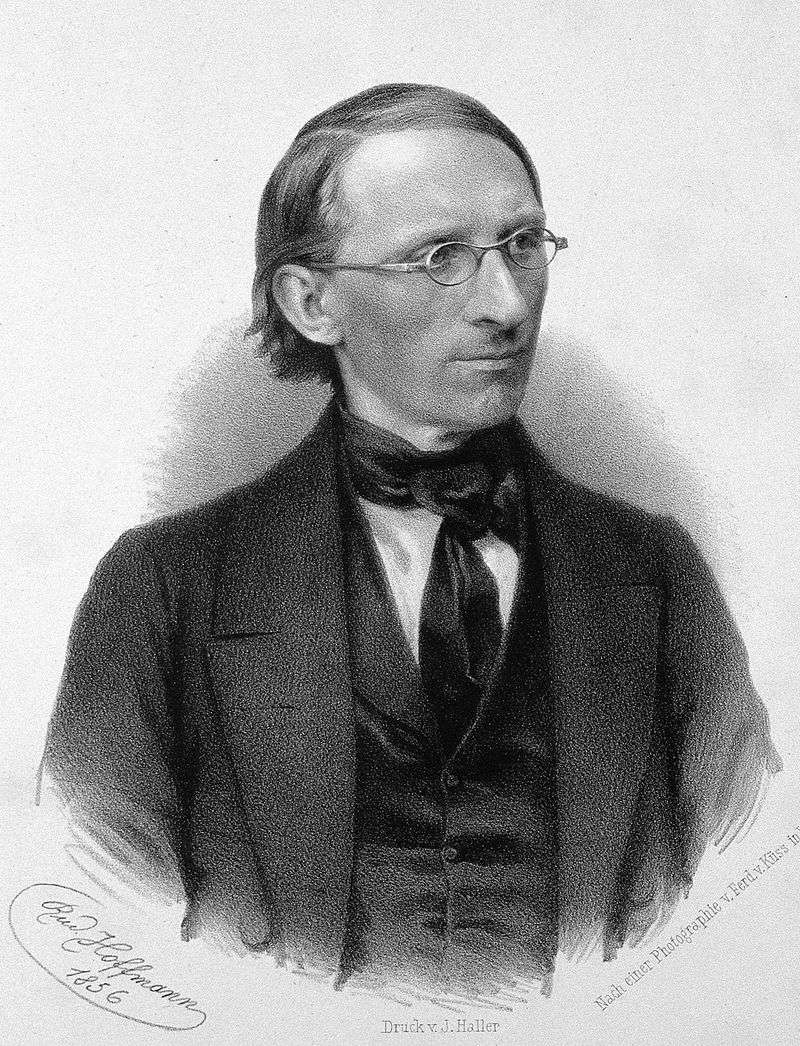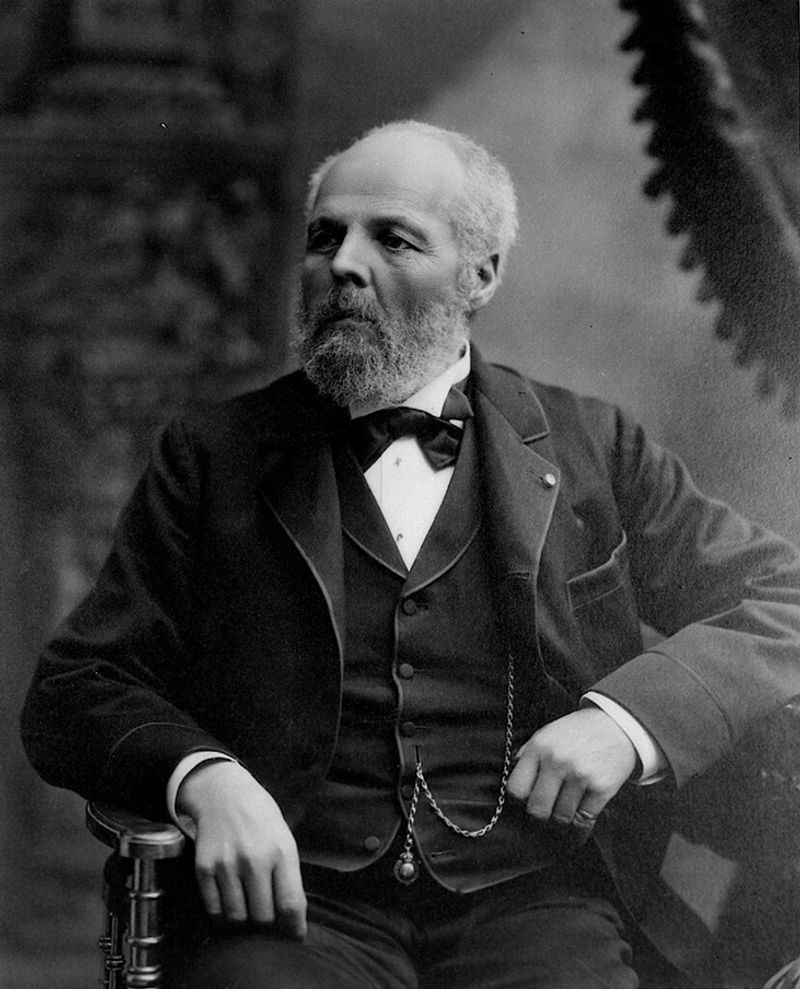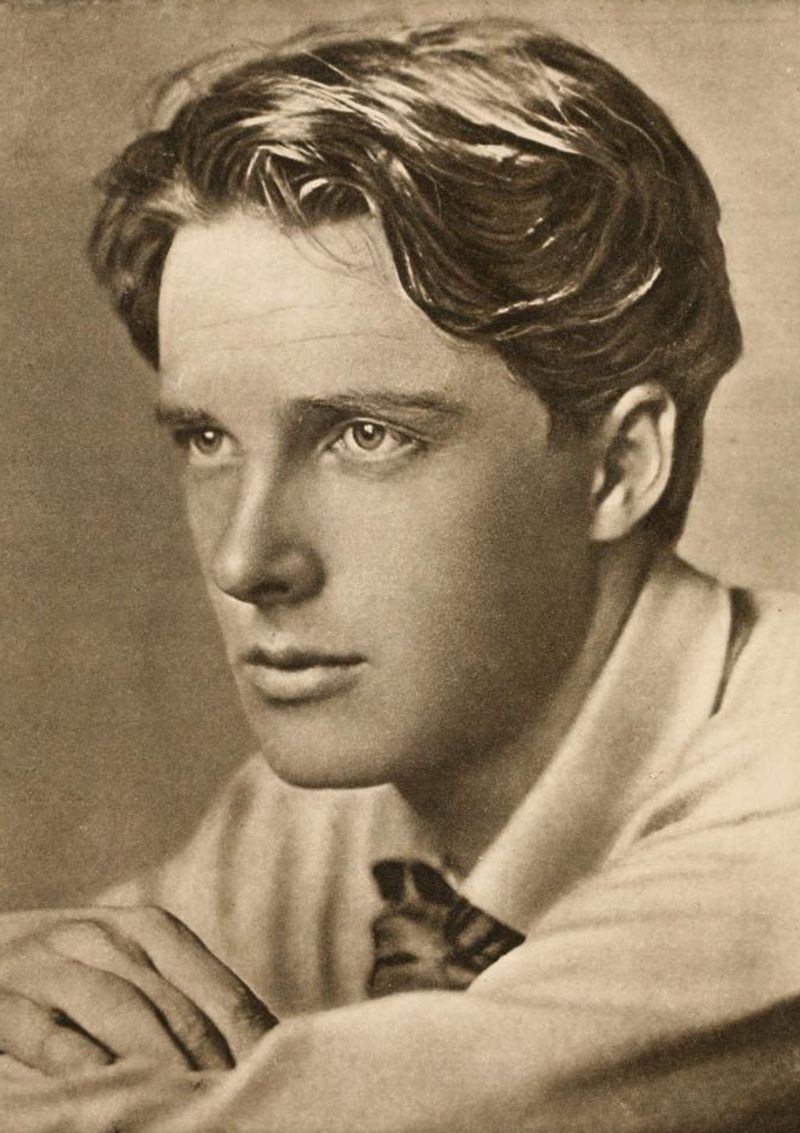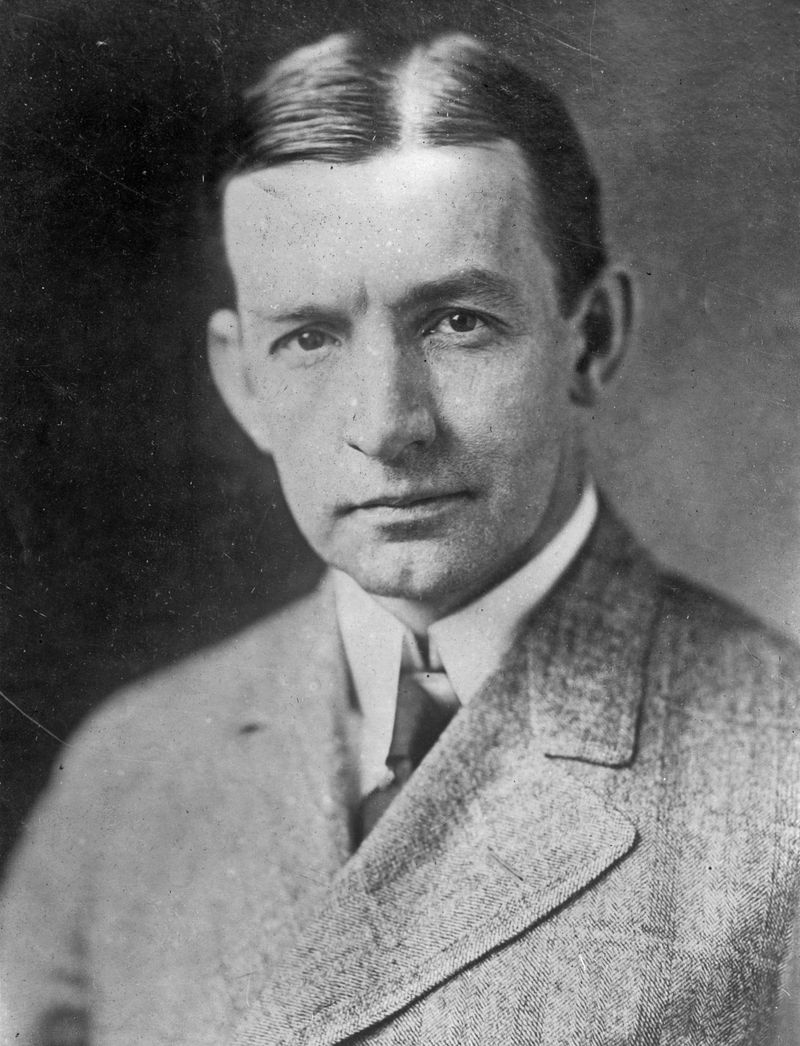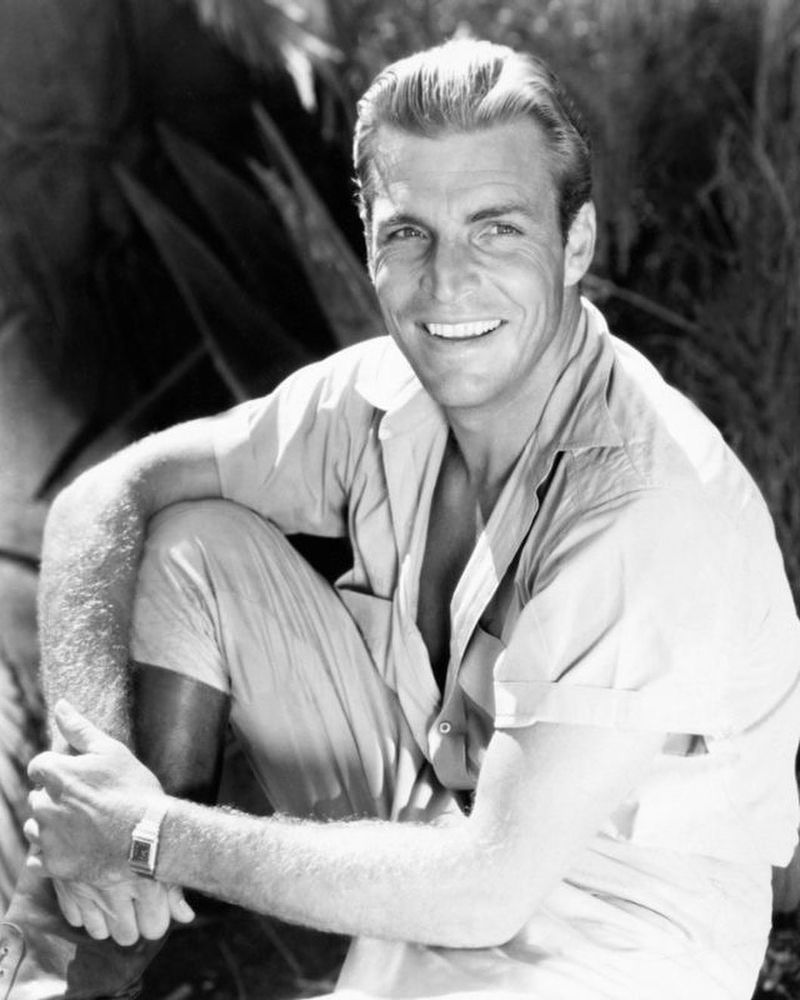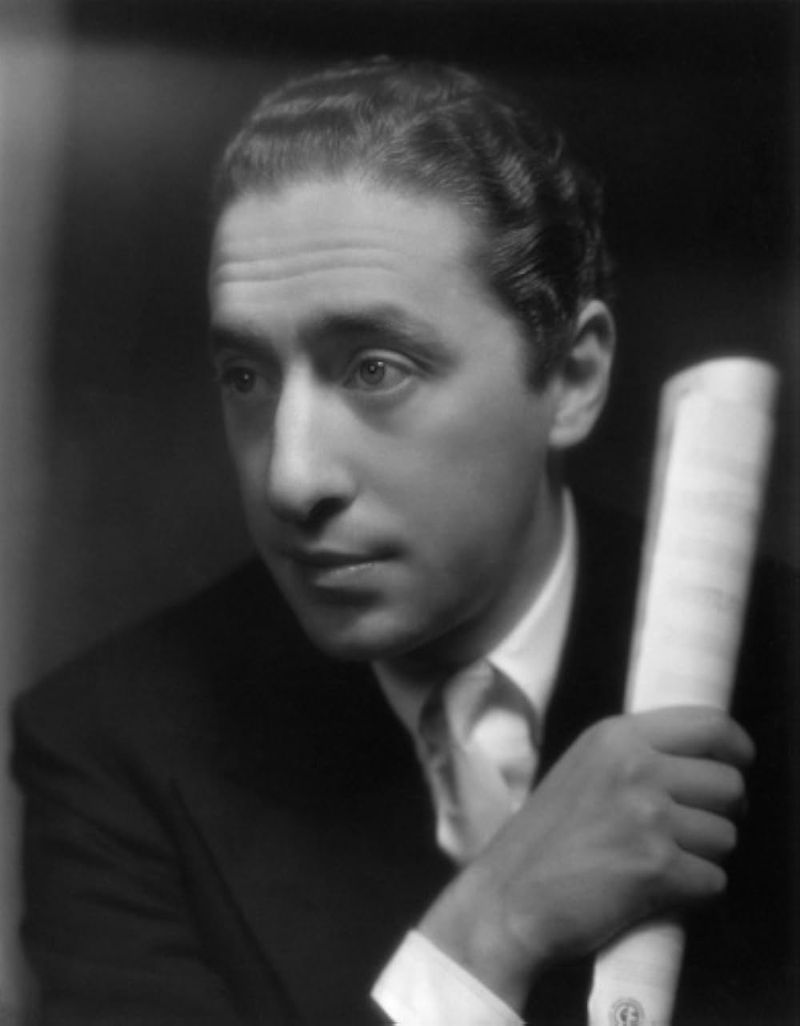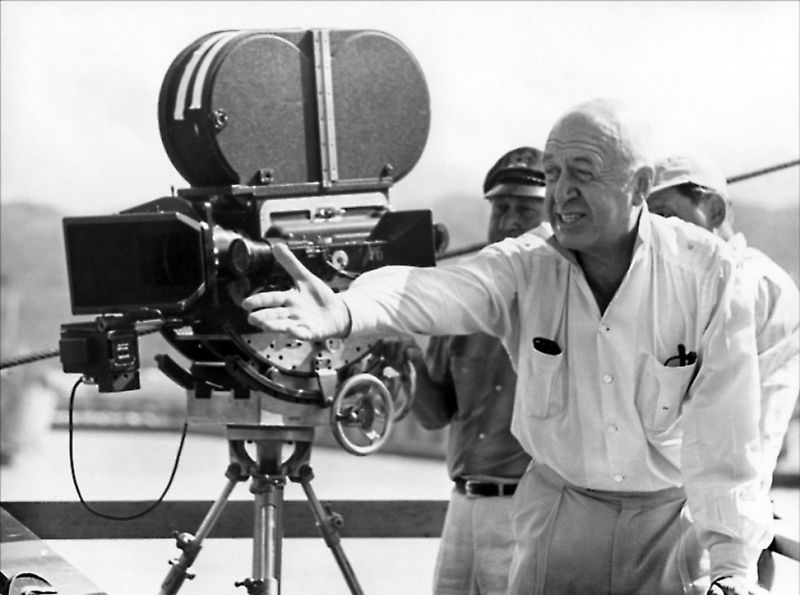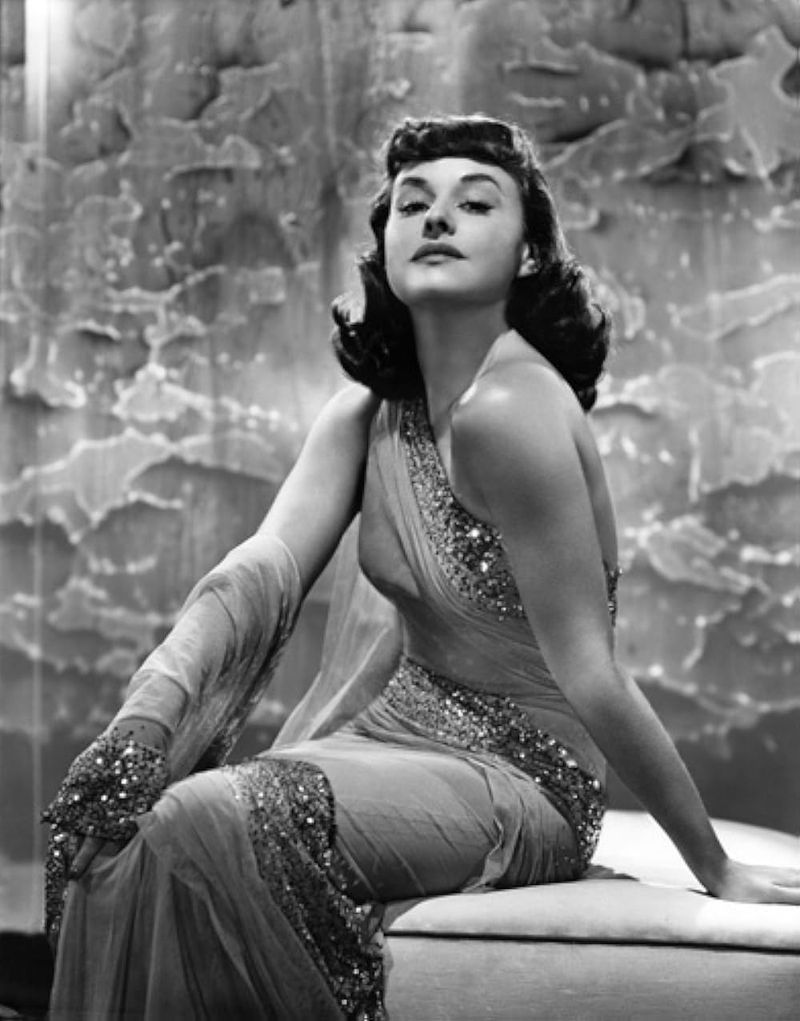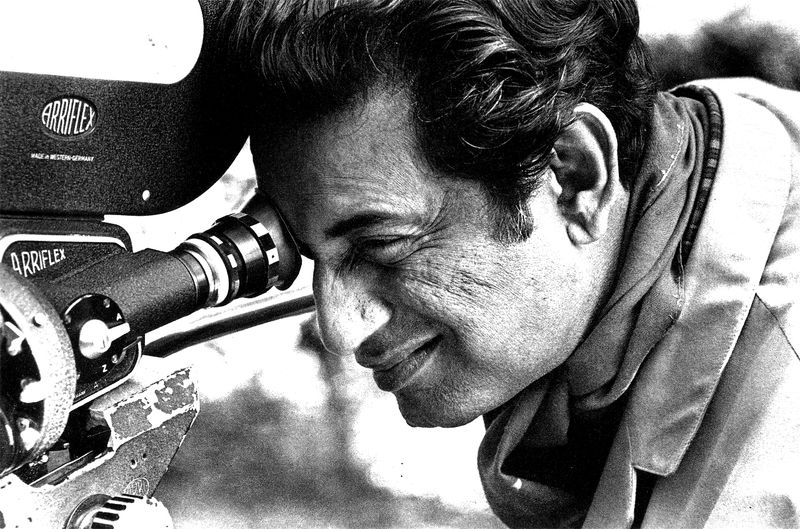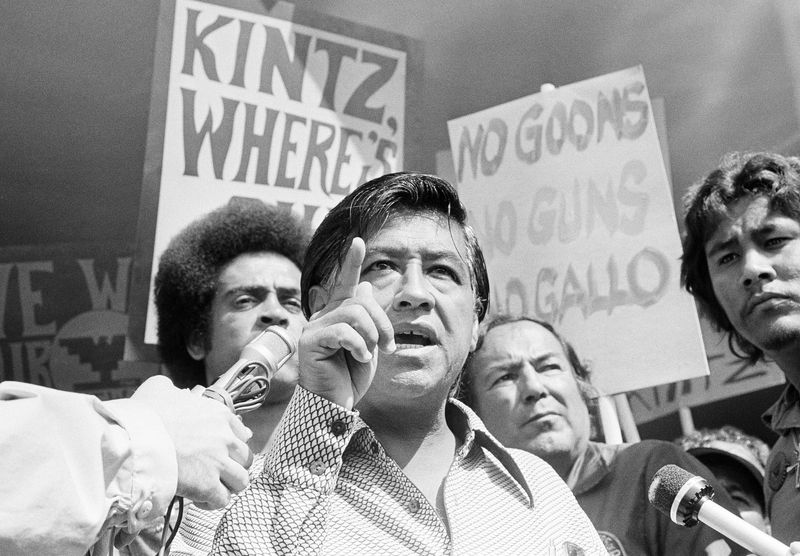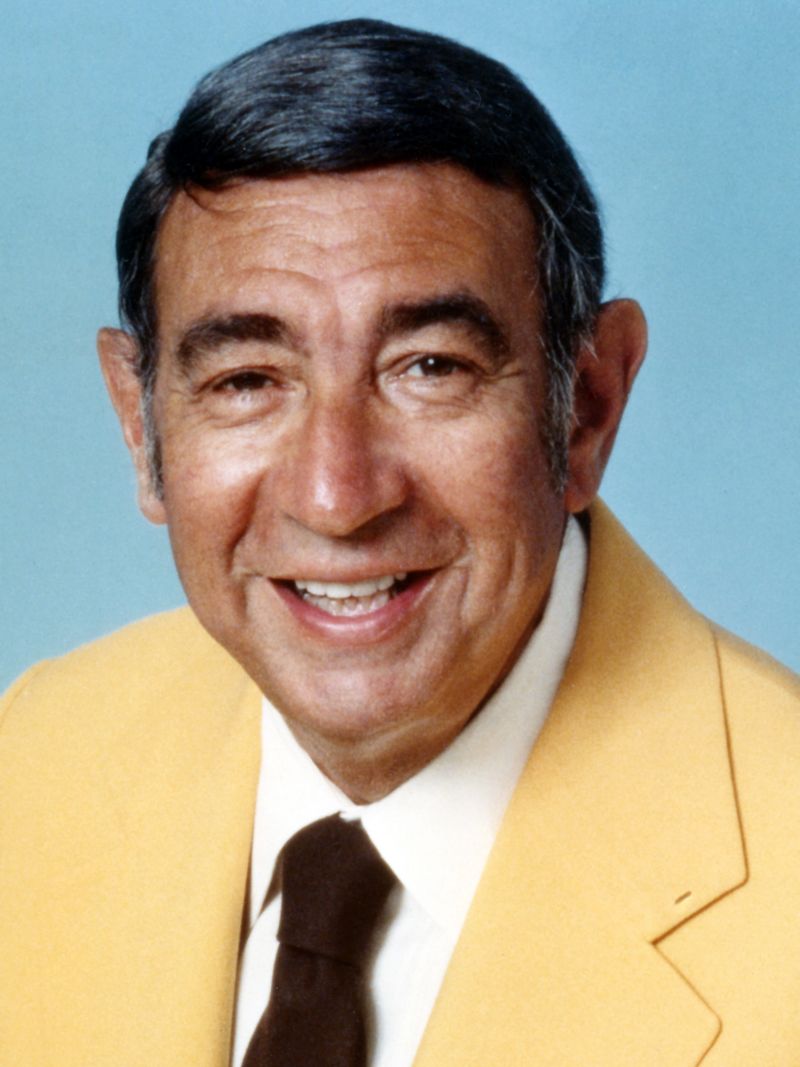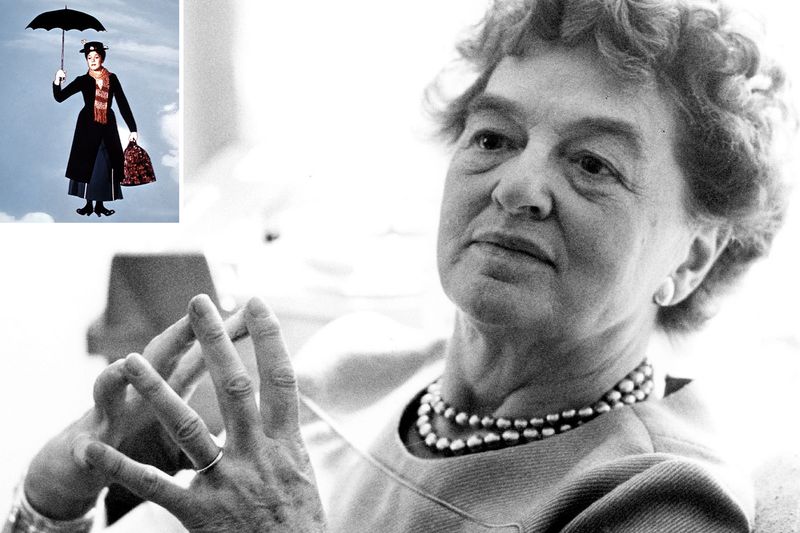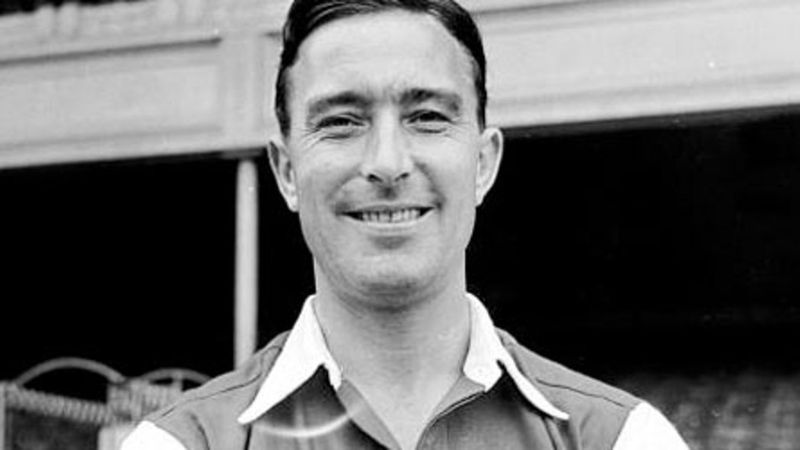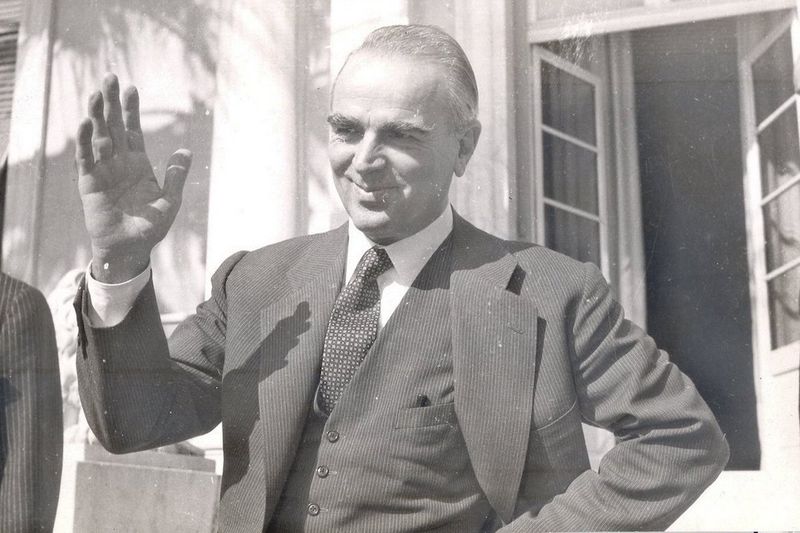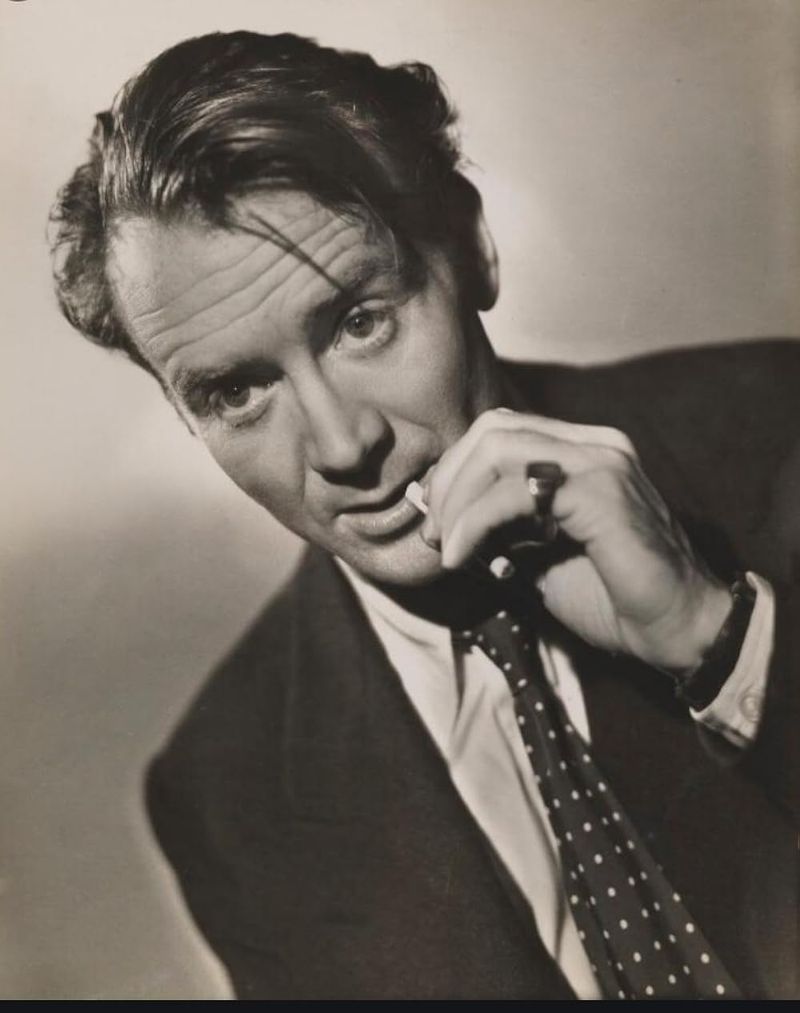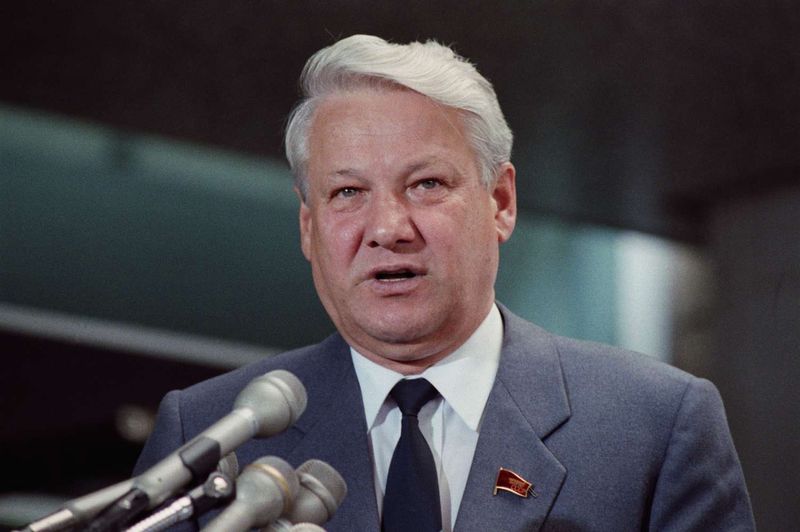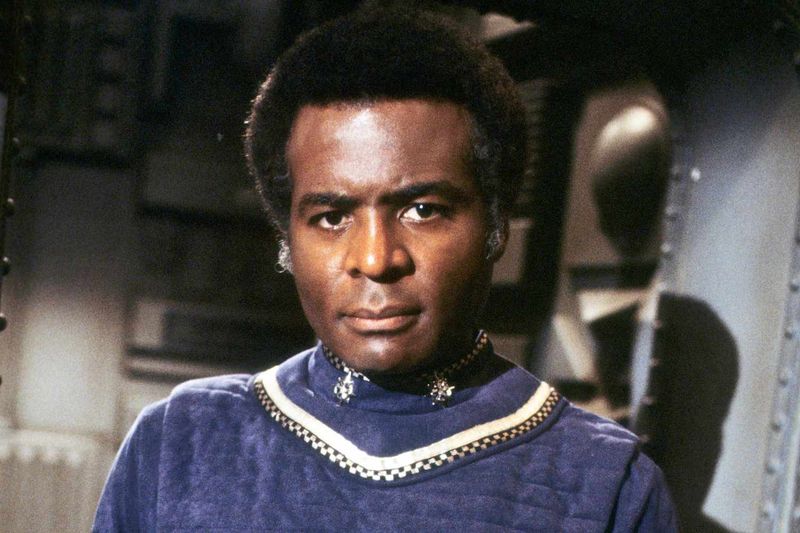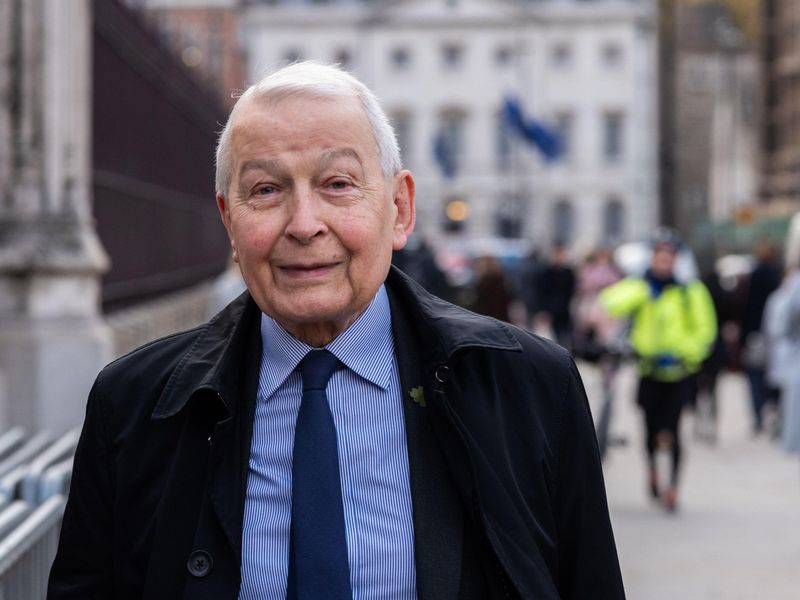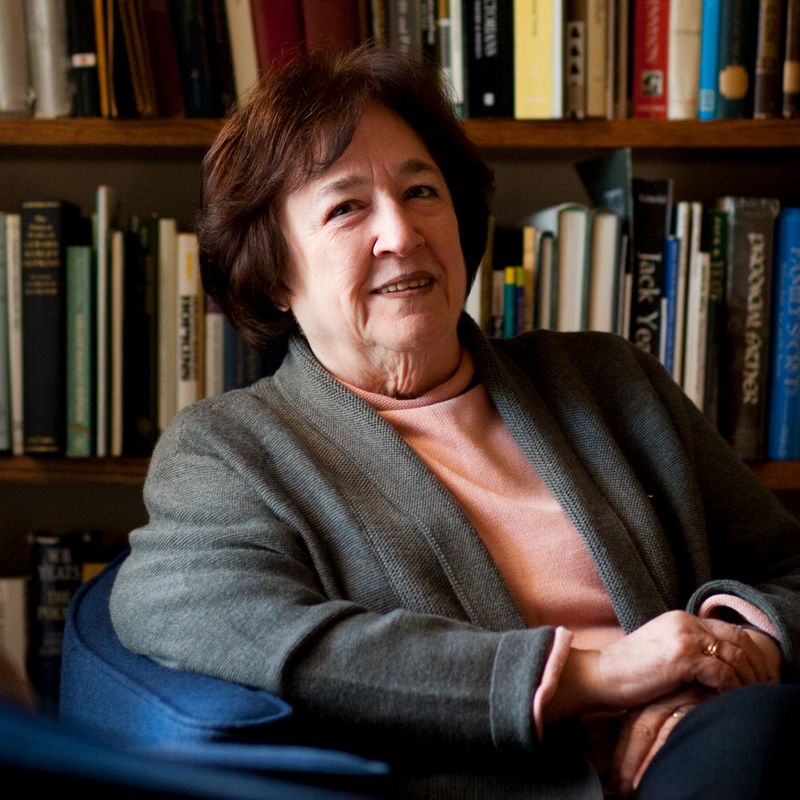April 23 is a day marked by the passing of many influential figures across history. From monarchs to poets, each left a unique legacy. Let’s explore these fascinating lives.
1. Saint George, Roman soldier and Christian martyr, 303
Saint George, a revered Roman soldier, became an emblem of courage. Born around the late 3rd century, he served in the Roman army. His steadfast faith in Christianity led to his martyrdom under Emperor Diocletian.
George’s legendary act of slaying a dragon, representing the victory of good over evil, immortalized his name. Celebrated as a patron saint, his story resonates in many cultures.
Beyond the legend, his life exemplifies bravery in the face of persecution. He stands as a symbol of unwavering faith and heroism, inspiring countless generations.
2. Adalbert of Prague, Czech bishop and missionary, 997
Adalbert of Prague was a pioneering bishop who left a lasting impact on Christianity in Europe. Born in Bohemia, he dedicated his life to missionary work. Despite facing resistance, he tirelessly spread Christianity.
His mission took him to Hungary, Poland, and beyond, where he faced martyrdom in 997. His dedication and sacrifices earned him sainthood.
Adalbert’s legacy lives on in the Christian communities he helped build, as well as his stories of courage and faith. His life is a testament to conviction and perseverance.
3. Brian Boru, High King of Ireland, 1014
Brian Boru, revered as a unifying king of Ireland, sought to end the Norse invasions. Ascending as High King in the early 11th century, he transformed the political landscape of Ireland.
His reign is celebrated for the significant Battle of Clontarf in 1014, where he fought valiantly, although he perished in battle.
Brian’s influence extended beyond military victories; he strengthened local governance and reinforced Irish culture. His legacy as a national hero endures in Irish folklore and history, embodying leadership and valor.
4. Æthelred the Unready, King of England, 1016
Æthelred the Unready’s tumultuous reign was marked by Viking invasions and internal strife. Ascending the throne as a young king, he faced continuous challenges from Norse invaders.
His epithet “Unready” signifies “ill-advised,” reflecting the many difficulties he encountered during his reign. Despite efforts to secure peace through tributes, his kingdom suffered.
Æthelred’s story is a complex tale of a monarch striving against overwhelming odds, offering lessons on leadership and resilience. His reign, though fraught with hardship, remains a fascinating chapter of English history.
5. Béla III, King of Hungary, 1196
Béla III’s reign as King of Hungary saw the strengthening of royal authority and economic growth. Ascending the throne in the late 12th century, he expanded Hungary’s influence across Europe.
Known for his visionary leadership, Béla implemented administrative reforms and supported cultural advancements. His reign marked a prosperous era for Hungary.
Béla’s legacy is remembered in the architectural and cultural achievements that flourished under his rule. His contributions to Hungary’s development remain pivotal in the nation’s history, emphasizing the impact of strategic leadership.
6. Zhu Xi, Chinese philosopher and Confucian scholar, 1200
Zhu Xi, a towering figure in Confucian philosophy, reshaped Chinese thought in the 12th century. His teachings emphasized ethics, morality, and social harmony, influencing generations.
Through his commentaries on Confucian classics, Zhu Xi unified and systematized Confucian thought, fostering an academic tradition lasting centuries.
Remembered for his intellectual rigor and philosophical insights, Zhu Xi’s work laid the foundation for Neo-Confucianism. His teachings continue to inspire scholars and uphold the timeless quest for knowledge and ethical living.
7. William Shakespeare, English playwright and poet, 1616
William Shakespeare, a literary giant, revolutionized English literature with his timeless plays and sonnets. Born in Stratford-upon-Avon, his works explore the human condition with unparalleled depth.
From “Hamlet” to “Macbeth,” his plays remain staples of theater and education. Shakespeare’s mastery of language and storytelling continues to captivate audiences worldwide.
His influence extends beyond literature, shaping cultural and artistic landscapes. Shakespeare’s legacy as a playwright and poet is immortal, celebrated for its creativity and profound impact on literature.
8. Inca Garcilaso de la Vega, Spanish-Peruvian historian and writer, 1616
Inca Garcilaso de la Vega, a prominent historian, bridged two cultures through his writings. Born to a Spanish conquistador and an Incan princess, his works reflect a unique bicultural perspective.
His most famous work, “Comentarios Reales,” provides invaluable insights into Incan history and Spanish colonialism. Garcilaso’s narratives offer a rare glimpse into the cultural fusion of his heritage.
His legacy endures as a pioneer in documenting the complexities of colonial history, emphasizing the importance of cultural dialogue and understanding.
9. Maurice, Prince of Orange, Dutch military leader, 1625
Maurice, Prince of Orange, was a key figure in the Dutch struggle for independence. As a military strategist, he led the Dutch Republic’s forces against Spanish rule in the late 16th and early 17th centuries.
His leadership was marked by tactical innovations that revolutionized military strategy, earning him a lasting reputation as a brilliant commander.
Maurice’s contributions to the Dutch revolt laid the groundwork for the independence of the Netherlands. His legacy endures as a testament to strategic prowess and the pursuit of freedom.
10. Henry Vaughan, Welsh poet and author, 1695
Henry Vaughan, a celebrated Welsh poet, is known for his metaphysical poetry that explores spirituality and nature. Born in Brecknockshire, his writings reflect the beauty of the Welsh landscape.
Vaughan’s poetry delves into themes of divinity, life, and the natural world, offering readers a transcendent experience through his words.
His works, such as “Silex Scintillans,” continue to inspire with their profound spiritual insights and vivid imagery. Vaughan’s legacy remains significant in the realm of English literature, celebrated for his unique voice.
11. Margaret Fell, English religious leader, co-founder of the Religious Society of Friends, 1702
Margaret Fell, a pioneering religious leader, played a vital role in the founding of the Religious Society of Friends, or Quakers. Born in England, she became a prominent advocate for religious freedom.
Her writings and activism challenged social norms, promoting equality and non-violence. Fell’s commitment to her beliefs led to imprisonment, yet she remained steadfast.
Known as the “Mother of Quakerism,” Fell’s efforts laid the foundation for the Quaker movement. Her legacy is a powerful testament to conviction, courage, and the pursuit of spiritual truth.
12. James Abercrombie, Scottish general and politician, 1781
James Abercrombie, a Scottish general, played a notable role in the British army during the 18th century. He is remembered for his leadership in the French and Indian War.
Abercrombie’s strategic decisions were pivotal in key battles, though not without controversy. His efforts in North America left a lasting impact on military strategy.
Despite facing setbacks, his career is studied for its insights into military leadership and colonial history. Abercrombie’s legacy continues to inform historical discussions on warfare and diplomacy.
13. William Wordsworth, English poet, 1850
William Wordsworth, a cornerstone of English Romantic poetry, celebrated nature’s beauty through his works. Born in the Lake District, his surroundings profoundly influenced his writing.
Wordsworth’s poetry, including “I Wandered Lonely as a Cloud,” captures the serene landscapes and emotional depth. His collaboration with Samuel Taylor Coleridge in “Lyrical Ballads” revolutionized poetry.
His philosophy of finding transcendence in nature continues to resonate with readers. Wordsworth’s legacy endures as a poet who elevated the natural world to poetic heights, inspiring generations of nature lovers.
14. Carl Ludwig, German physician and physiologist, 1895
Carl Ludwig, a pioneering German physiologist, made groundbreaking contributions to medical science. His research on blood circulation and organ function set the stage for modern physiology.
Ludwig’s innovative techniques and instruments advanced the understanding of bodily processes. His work in Leipzig attracted students worldwide, fostering a legacy of scientific inquiry.
His dedication to research and education left an indelible mark on the medical field. Ludwig’s legacy as a scientist is celebrated for advancing our understanding of the human body and inspiring future medical discoveries.
15. Gédéon Ouimet, Canadian politician, 2nd Premier of Quebec, 1905
Gédéon Ouimet, a significant figure in Canadian politics, served as the 2nd Premier of Quebec. His career in the late 19th century was marked by dedication to education and governance.
Ouimet played a pivotal role in shaping Quebec’s educational policies and infrastructure, promoting accessibility and quality.
His contributions to Quebec’s development are remembered for their foresight and impact. Ouimet’s legacy remains influential in the province’s history, reflecting his commitment to progress and public service.
16. Rupert Brooke, English poet, 1915
Rupert Brooke, an English poet renowned for his idealistic war sonnets, captured the spirit of his time. Born in the early 20th century, his writings reflect a mix of patriotism and poignancy.
Brooke’s most famous work, “The Soldier,” became emblematic during World War I, offering a romanticized vision of sacrifice and honor.
Despite his untimely death, Brooke’s poetry continues to evoke the complexities of war and youth. His legacy as a poet who encapsulated the zeitgeist endures, resonating with themes of love, loss, and valor.
17. Charles G. Dawes, American banker and politician, 30th Vice President of the United States, Nobel Peace Prize laureate, 1951
Charles G. Dawes, a multifaceted American leader, excelled in banking, politics, and diplomacy. Serving as the 30th Vice President, his political career spanned significant reforms and international negotiations.
Dawes received the Nobel Peace Prize for his efforts in European economic recovery post-World War I, showcasing his dedication to global stability.
His pragmatic approach to politics and finance left a lasting impact on American history. Dawes’ legacy is a testament to his diverse talents and commitment to public service, celebrated for his contributions to peace and progress.
18. Buster Crabbe, American swimmer and actor, 1983
Buster Crabbe, a versatile athlete and actor, made waves both in the pool and on screen. An Olympic gold medalist in swimming, his transition to Hollywood brought him fame.
Crabbe starred in popular adventure films, becoming a beloved figure in American cinema. His roles in “Flash Gordon” and “Buck Rogers” became cultural icons.
His athletic prowess and charisma left a lasting impression in sports and entertainment. Crabbe’s legacy as a trailblazer in two fields is celebrated for his dynamic career and enduring influence.
19. Harold Arlen, American composer, 1986
Harold Arlen, a prolific composer, enriched American music with his unforgettable melodies. His compositions, including “Over the Rainbow,” have become timeless classics.
Arlen’s work spans Broadway, Hollywood, and the jazz scene, showcasing his versatility and talent. His collaborations with notable lyricists produced hits that remain beloved.
His contributions to the Great American Songbook earned him a place among music legends. Arlen’s legacy resonates in the hearts of music lovers, celebrated for his ability to craft songs that touch the soul and transcend generations.
20. Otto Preminger, Austrian-American film director and producer, 1986
Otto Preminger, a trailblazing director, transformed the film industry with his bold storytelling. Born in Austria, he moved to Hollywood, where he became known for tackling controversial subjects.
Preminger’s films, such as “Anatomy of a Murder” and “Laura,” pushed boundaries and explored complex themes. His directorial style broke conventions, influencing generations of filmmakers.
His legacy is marked by innovation and courage, challenging societal norms through cinema. Preminger’s work continues to inspire and provoke thought, celebrated for its artistic and cultural impact.
21. Paulette Goddard, American actress, 1990
Paulette Goddard, a glamorous actress, captivated audiences with her charm and talent during Hollywood’s Golden Age. Starring in films like “Modern Times,” she worked alongside legends such as Charlie Chaplin.
Her performances showcased her versatility, from comedy to drama, leaving a lasting mark on cinema. Goddard’s elegance and wit made her a beloved star.
Her legacy as a leading lady endures, celebrated for her contributions to film and her vivacious spirit. Goddard remains an iconic figure in Hollywood history, remembered for her brilliant career and captivating presence.
22. Satyajit Ray, Indian filmmaker and writer, 1992
Satyajit Ray, a visionary filmmaker, redefined Indian cinema with his profound storytelling. His films, including the “Apu Trilogy,” are celebrated for their artistry and authenticity.
Ray’s direction captured the nuances of Indian life, exploring themes of humanity and social change. His work earned international acclaim, influencing filmmakers worldwide.
His legacy is a cornerstone of global cinema, celebrated for its emotional depth and visual beauty. Ray’s contribution to film transcends cultural boundaries, inspiring future generations to embrace storytelling with sincerity and creativity.
23. Cesar Chavez, American labor leader and civil rights activist, 1993
Cesar Chavez, a pioneering labor leader, championed the rights of farm workers in America. Co-founder of the United Farm Workers, he led movements advocating for fair wages and working conditions.
Chavez’s nonviolent approach and grassroots activism brought national attention to farm labor issues, inspiring social change.
His legacy as a civil rights icon endures, celebrated for his dedication to justice and equality. Chavez’s contributions to labor rights have left an indelible mark on American society, motivating future generations to continue the fight for dignity and respect.
24. Howard Cosell, American sports journalist, 1995
Howard Cosell, a charismatic sports journalist, became a household name with his unique broadcasting style. Known for his work on “Monday Night Football,” Cosell’s candid commentary was both praised and criticized.
His career spanned numerous sports events, where his articulate analysis and distinctive voice left a lasting impression.
Cosell’s legacy is marked by his influence on sports journalism, challenging traditional norms and embracing bold perspectives. His contributions to broadcasting continue to inspire, celebrated for their authenticity and impact on the sports media landscape.
25. P. L. Travers, Australian-British novelist, creator of Mary Poppins, 1996
P. L. Travers, an imaginative novelist, enchanted readers with her creation of Mary Poppins. Born in Australia, she crafted a whimsical world of magic and adventure.
The “Mary Poppins” series became an enduring classic, capturing the hearts of children and adults alike. Travers’ storytelling blended fantasy with life’s lessons, leaving an indelible mark on literature.
Her legacy as a writer is celebrated for its creativity and insight, inspiring countless adaptations. Travers remains a beloved figure, remembered for her unique voice and timeless tales of wonder and wisdom.
26. Denis Compton, English cricketer and footballer, 1997
Denis Compton, a versatile sportsman, excelled in both cricket and football, becoming an iconic figure in English sports. Known for his charisma and flair, he played for Middlesex and Arsenal.
Compton’s cricket career was marked by dazzling performances and record-breaking feats, earning him a place among legends.
His contributions to sports extend beyond his achievements, inspiring future athletes with his passion and dedication. Compton’s legacy as a dual-sport hero endures, celebrated for his dynamic talent and enduring influence in the world of sports.
27. Konstantinos Karamanlis, Greek politician, Prime Minister and President, 1998
Konstantinos Karamanlis, a towering figure in Greek politics, served as both Prime Minister and President. His leadership was crucial in Greece’s post-war recovery and European integration.
Karamanlis championed democratic reforms and economic modernization, leaving a lasting impact on the nation’s development.
His legacy is celebrated for his role in shaping modern Greece, reflecting his commitment to public service and visionary governance. Karamanlis remains a respected statesman, remembered for his contributions to Greece’s prosperity and place in Europe.
28. John Mills, English actor, 2005
John Mills, an esteemed English actor, captivated audiences with his versatile performances across stage and screen. His career spanned decades, with notable roles in films like “Great Expectations.”
Mills’ talent and dedication earned him numerous accolades, including an Academy Award, cementing his place in cinematic history.
His legacy as a distinguished actor endures, celebrated for his contributions to film and theater. Mills’ work continues to inspire, reflecting his passion for storytelling and artistic excellence.
29. Boris Yeltsin, First President of Russia, 2007
Boris Yeltsin, a transformative leader, became Russia’s first President after the Soviet Union’s dissolution. His tenure was marked by significant political and economic reforms.
Yeltsin’s leadership navigated Russia through turbulent times, embracing democracy and market economy. His impact on Russia’s transition remains a defining period in its history.
His legacy is celebrated for pioneering change and embracing openness, though not without challenges. Yeltsin’s role in shaping modern Russia is remembered for its bold vision and enduring influence.
30. Terry Carter, American actor and producer, 2024
Terry Carter, a distinguished actor and producer, left a significant mark on television and film. Known for his roles in “Battlestar Galactica,” he broke barriers for African-American actors in the industry.
Carter’s career was marked by versatility and dedication, both in front of and behind the camera, contributing to diverse storytelling.
His legacy endures as a pioneer in entertainment, celebrated for his contributions to representation and inclusivity. Carter’s work continues to inspire future generations, reflecting his commitment to storytelling and cultural impact.
31. Frank Field, British politician, 2024
Frank Field, a respected British politician, dedicated his career to social justice and welfare reform. His work in Parliament focused on addressing poverty and inequality.
Field’s pragmatic approach to policy and advocacy for vulnerable communities earned him respect across political divides.
His legacy is celebrated for its focus on compassion and action, highlighting his commitment to societal well-being. Field remains a respected figure in British politics, remembered for his contributions to social change and public service.
32. Helen Vendler, American literary critic, 2024
Helen Vendler, a renowned literary critic, profoundly influenced the study of poetry. Her analyses of poets like Yeats and Keats offered fresh insights into their works.
Vendler’s scholarship and passion for literature inspired students and readers worldwide, advancing the appreciation of poetry’s nuances.
Her legacy as a critic and educator is celebrated for its depth and clarity, enriching literary discourse. Vendler’s contributions continue to illuminate the beauty and complexity of poetry, inspiring a love for language and art.
